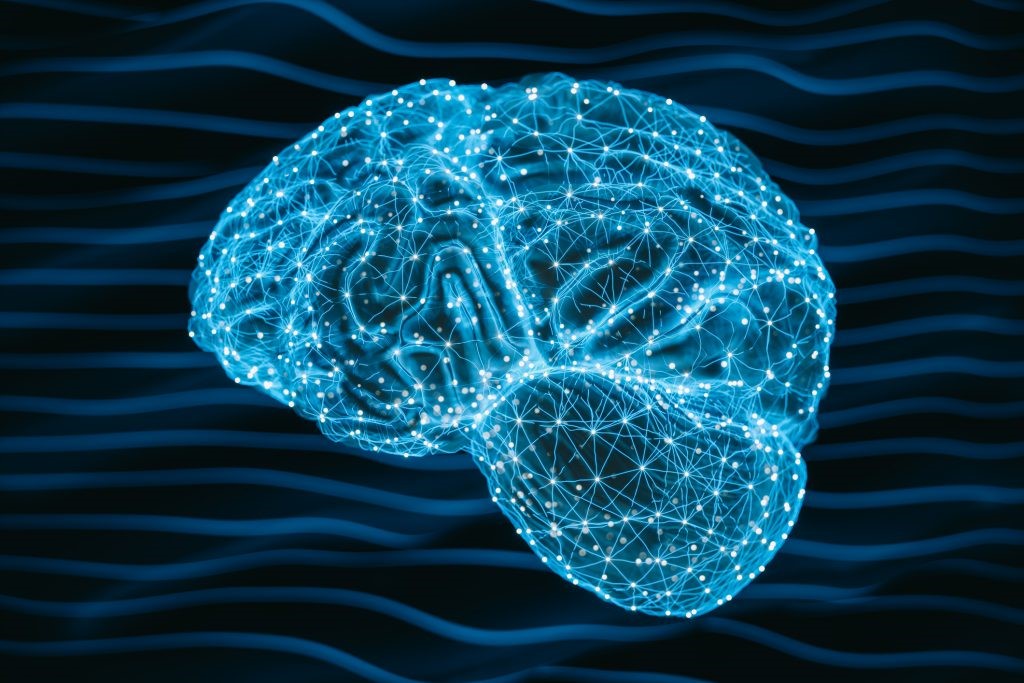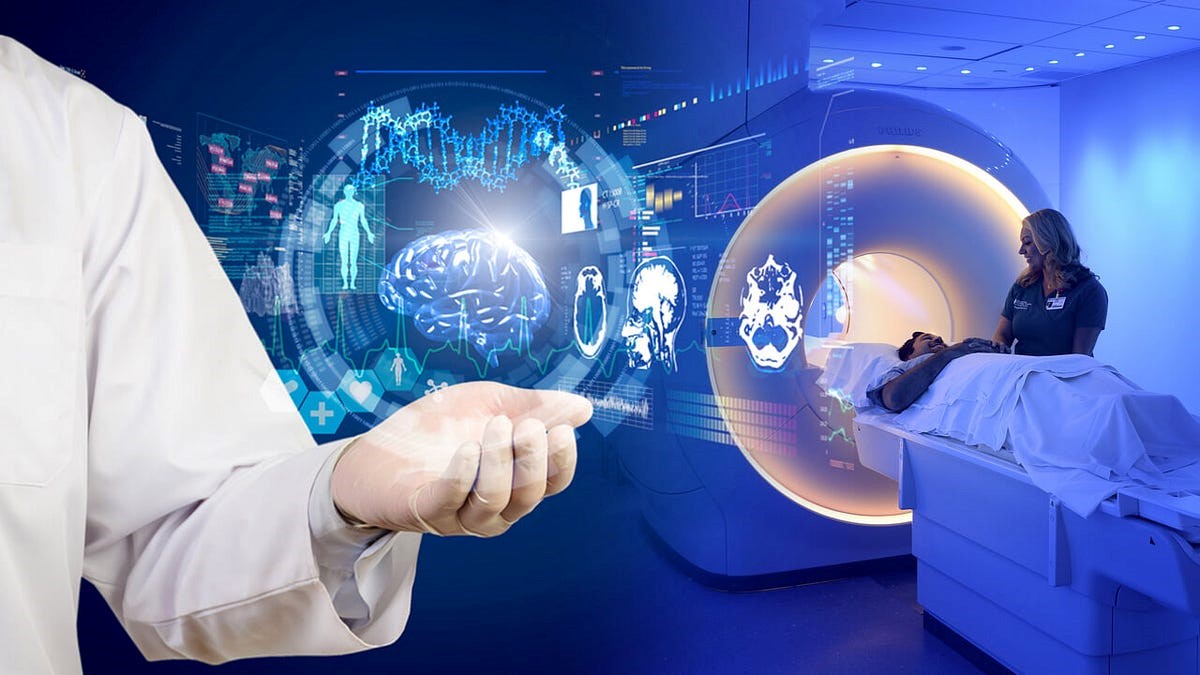Mental health has long been a critical aspect of overall well-being, yet it often lags behind physical health in terms of public awareness and treatment innovation. However, recent years have seen a surge in Mental Health Advances that promise to revolutionize how we understand and manage conditions such as depression, anxiety, bipolar disorder, and schizophrenia. This article aims to shed light on some of these groundbreaking developments and what they mean for the future of mental health care.
Personalized Medicine in Mental Health
One of the most promising Mental Health Advances is the move toward personalized medicine. Traditional mental health treatments often follow a one-size-fits-all approach, which can lead to mixed results. Personalized medicine aims to tailor treatments to the individual’s genetic makeup, lifestyle, and other factors.
For example, pharmacogenomics studies how genes affect a person’s response to drugs. By analyzing a patient’s genetic profile, healthcare providers can predict which medications will be most effective and which are likely to cause adverse effects. This approach not only improves treatment outcomes but also reduces the trial-and-error period that many patients endure.
Digital Therapeutics and Telehealth
The COVID-19 pandemic has accelerated the adoption of digital health solutions, and mental health care is no exception. Telehealth platforms have made it easier for people to access mental health services from the comfort of their homes. This is particularly beneficial for those living in remote areas or those who find it challenging to attend in-person sessions.
Beyond telehealth, digital therapeutics are emerging as a powerful tool in mental health treatment. These are software-based interventions designed to prevent, manage, or treat medical conditions. For instance, mobile apps that offer cognitive-behavioral therapy (CBT) exercises, mindfulness practices, and mood tracking can provide immediate support and long-term benefits. Studies have shown that these digital interventions can be as effective as traditional therapy for certain conditions.

Advances in Neuroimaging
Neuroimaging technologies like functional MRI (fMRI) and positron emission tomography (PET) scans have advanced significantly, offering deeper insights into the brain’s functioning. These technologies allow researchers to observe how different areas of the brain interact and how these interactions change in response to various treatments.
Improved neuroimaging can help identify biomarkers for mental health conditions, making it easier to diagnose and monitor these disorders. For example, neuroimaging can reveal structural and functional abnormalities in the brain that are associated with conditions like schizophrenia and bipolar disorder. This can lead to more accurate diagnoses and more targeted treatments.
Psychedelic-Assisted Therapy
Psychedelic substances such as psilocybin (found in magic mushrooms) and MDMA (ecstasy) are gaining attention for their potential therapeutic benefits. While these substances have been stigmatized and criminalized for decades, recent research is challenging these perceptions. Clinical trials have shown that psychedelic-assisted therapy can be highly effective in treating conditions like PTSD, depression, and anxiety.
In these therapies, psychedelics are used in a controlled, clinical setting, often in conjunction with traditional psychotherapy. The substances appear to facilitate emotional breakthroughs and enhance the therapeutic process. Although more research is needed, the early results are promising and could lead to new, effective treatments for some of the most challenging mental health conditions.
Genetic and Epigenetic Research
Another exciting area of Mental Health Advances is the study of genetics and epigenetics. While genetics focuses on the DNA sequence, epigenetics looks at how environmental factors can alter gene expression without changing the DNA sequence itself.
Understanding the genetic and epigenetic factors that contribute to mental health conditions can lead to more effective treatments. For instance, researchers are investigating how certain genes may increase the risk of developing conditions like depression or schizophrenia. By identifying these genes, it may be possible to develop preventive strategies or more targeted treatments.
Artificial Intelligence and Machine Learning
Artificial Intelligence (AI) and machine learning are making their way into mental health care, offering new ways to diagnose and treat conditions. These technologies can analyze vast amounts of data to identify patterns that may not be visible to the human eye. For example, AI algorithms can analyze speech patterns, social media activity, and other data to predict the onset of mental health conditions.
Machine learning models can also help in personalizing treatment plans by predicting how a patient will respond to different therapies. This can lead to more effective and efficient treatment plans, reducing the time and cost associated with managing mental health conditions.
Nutritional Psychiatry
The field of nutritional psychiatry examines the impact of diet on mental health. Emerging research suggests that what we eat can significantly affect our mood and cognitive function. Diets rich in omega-3 fatty acids, antioxidants, and other nutrients have been shown to improve symptoms of depression and anxiety.
Researchers are also exploring the gut-brain axis, the complex communication network between the gut and the brain. A healthy gut microbiome appears to play a crucial role in mental health, influencing mood, stress levels, and overall cognitive function. This has led to the development of dietary interventions and probiotic treatments aimed at improving mental well-being.
Conclusion
The landscape of mental health treatment is rapidly evolving, thanks to a multitude of innovative approaches and technologies. From personalized medicine and digital therapeutics to advances in neuroimaging and psychedelic-assisted therapy, these Mental Health Advances offer new hope for those struggling with mental health conditions. As research continues to unfold, we can expect even more breakthroughs that will transform the way we understand and treat mental health, ultimately improving the quality of life for millions of people worldwide.
By staying informed about these developments, patients, caregivers, and healthcare providers can better navigate the complex world of mental health care, making more informed decisions and accessing the most effective treatments available. The future of mental health treatment is bright, and these advances are paving the way for a more compassionate, effective, and personalized approach to mental well-being.




